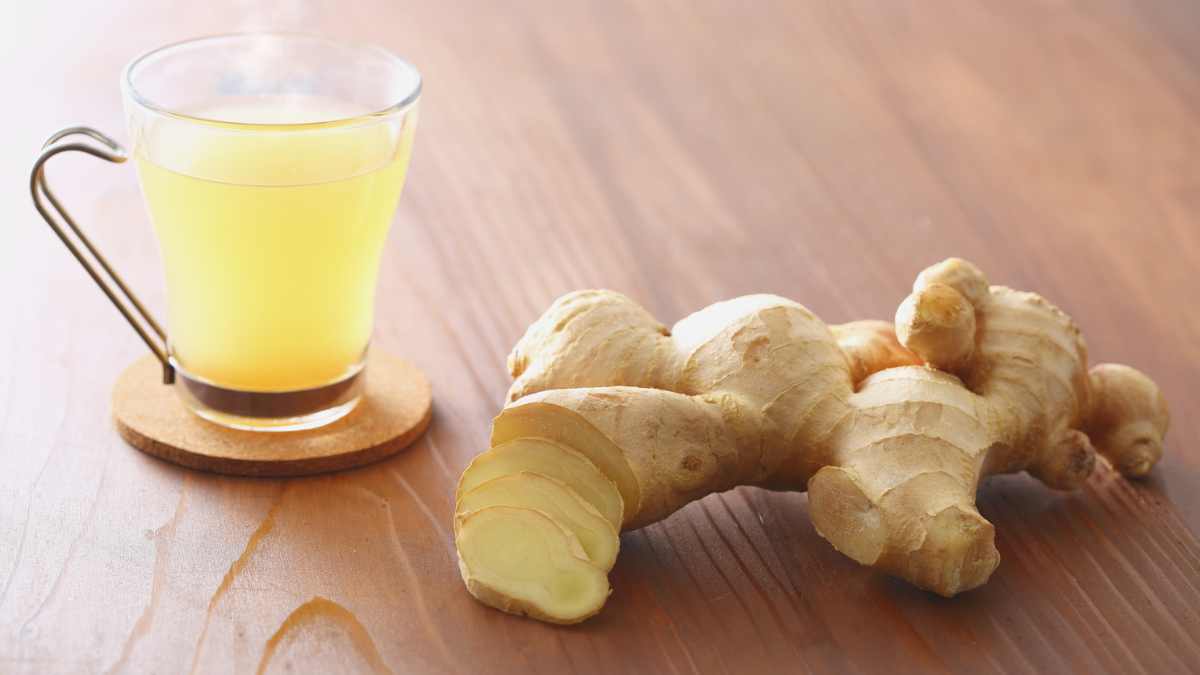Not garlic, but ginger is a cheap spice that effectively helps prevent influenza A in winter.
The need to prevent influenza A is increasing as the weather changes and the number of cases tends to increase. "In cold weather, what to eat to prevent the flu" is a question that many people are interested in. In addition to vaccination and maintaining respiratory hygiene, ginger is an easy-to-find, cheap spice and can help increase resistance, soothe the respiratory tract, and be included in the daily diet.
Ginger can help increase resistance as well as soothe respiratory symptoms, which is very suitable to add to the daily diet. How to use ginger to treat colds
Benefits of ginger in preventing influenza A (related to foods that boost immunity)
Ginger contains gingerol, a compound with anti-inflammatory and antioxidant properties. Research in the medical field has shown that:
Ginger has the effect of warming the body and improving blood circulation.
Ginger helps reduce nasal congestion, mild cough and burning sensation in the throat.
Ginger also supports the upper respiratory system, helping to reduce discomfort in cold weather.
In particular, ginger creates a warm respiratory environment, which is not favorable for the development of viruses.
How to make honey ginger tea to treat colds
In addition, when combined with lemon and honey, ginger also brings many other health benefits. Itchy throat can be improved when you consume ginger right from the first signs of a cold.
Ginger honey tea is suitable for people who are new to the cold, tired, or stuffy nose.
That is why ginger is often mentioned in the list of foods that increase resistance and keep the body fighting the flu.
Instructions for using ginger properly to prevent flu
Note: Ginger is not a substitute for viral antipices. This is a supportive method, combined with lifestyle and hygiene maintenance to prevent diseases.
Drink ginger tea in the morning
Fresh ginger is sliced and mixed with warm water.
If you want, you can add lemon or honey when the water has cooled a little.
This helps warm the respiratory tract and increase the body's resistance.

Simple way to make:
- 3 to 5 slices of ginger
- 200ml hot water
Steep for 5 minutes, let it cool down and add honey.
In addition, you can also eat ginger in meals by adding it to soups. Chicken porridge, bone broth and braised fish.
These dishes are easy to digest, do not cause stomach discomfort, and help reduce bad breath, supporting the digestive system better.
It is very suitable for families with elderly people or children prone to cold belly.
Does ginger really help prevent influenza A?
Ginger does not have the effect of killing the influenza A virus, but helps the body respond better when there are risk factors for infection.
Some effective disease prevention measures include:
- Regular flu vaccination
- Wear a mask in crowded places
- Wash your hands regularly
- Keep your body warm in cold weather
- Add ginger and healthy foods to your diet
Notes on the use of ginger (those who should not use ginger):
People with gastric and duodenal ulcers should limit their use.
People with high fever should avoid using ginger because it can increase body temperature.
Pregnant women in the first three months should only use ginger when instructed by a doctor.
Limit drinking ginger close to bedtime, as this can cause difficulty sleeping.











